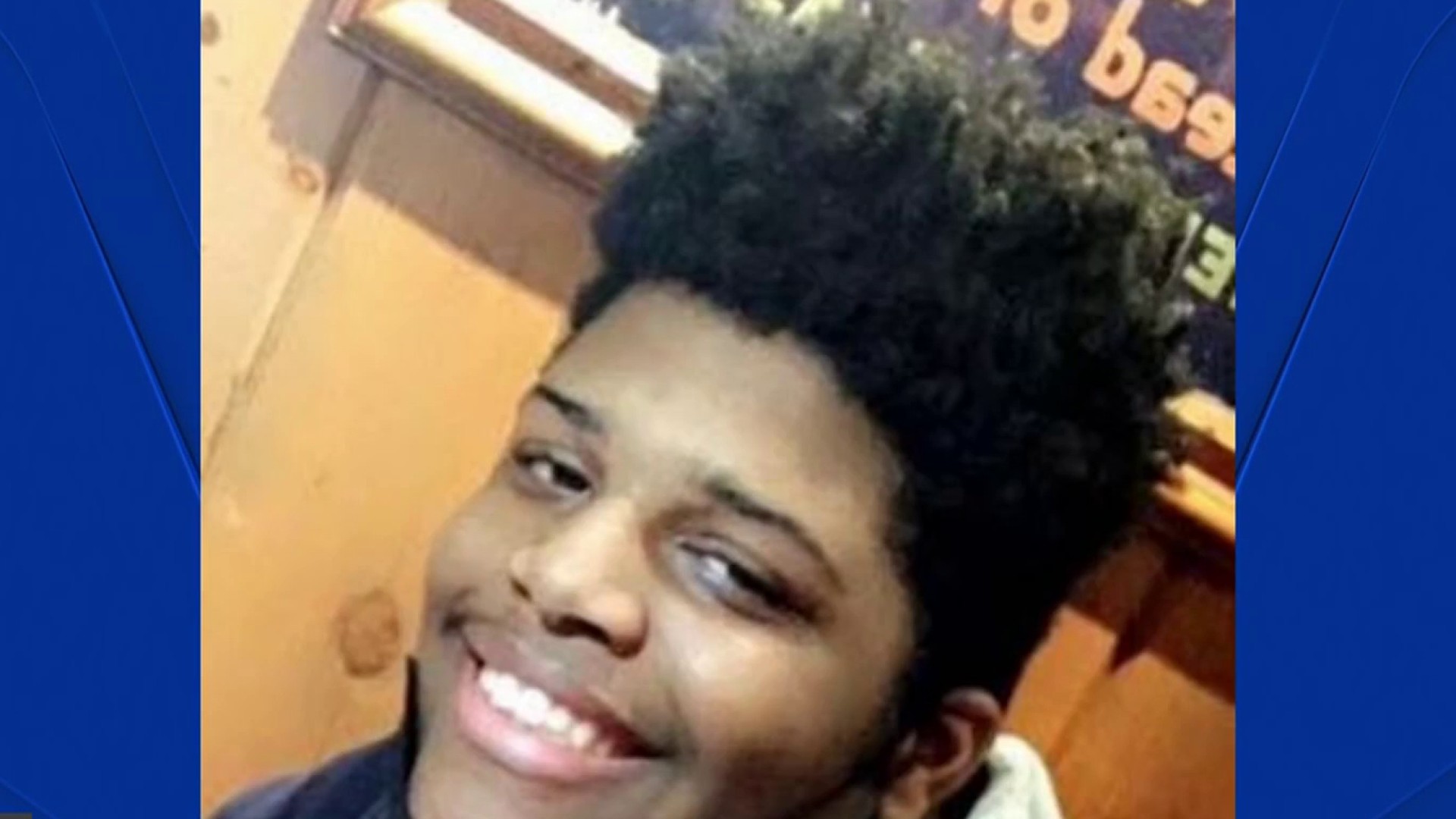D.C. could be forced to cut more than $1 billion from the current fiscal year budget after all as the U.S. House of Representatives hasn’t brought up the U.S. Senate legislation reversing a requirement in the government funding bill targeting District spending. News4’s Mark Segraves reports.
D.C.'s operating budget for fiscal year 2025 is up in the air -- but not because of decisions made by the D.C. Council or Mayor Bowser. Instead, laws passed by the federal government have forced District lawmakers to consider massive operational cuts.
This quirk of D.C. government resurfaced last month when the U.S. House passed a continuing resolution to keep the government funded — but it also included $1.1 billion in cuts to D.C.'s budget.
While the Senate passed separate legislation a day later, aiming to prevent these cuts, D.C. officials are now urging the House to pass it so the District government can proceed with its already approved budget for fiscal year 2025.
"We are actively working with our allies in Congress to ensure the House of Representatives expedites the passage of this important bipartisan measure as soon as possible," said Mayor Muriel Bowser during a press conference March 17.
We've got the news you need to know to start your day. Sign up for the First & 4Most morning newsletter — delivered to your inbox daily. Sign up here.
But why does Congress have authority over D.C.'s budget, and where does much of that budget come from?
What is the D.C. Home Rule Act?
The reason comes down to the Constitution and the Home Rule Act. Even if you're not exactly sure what it does, you've probably heard of it.
Local
Washington, D.C., Maryland and Virginia local news, events and information
According to a report by the Congressional Research Service (CRS), Article 1, Section 17 of the Constitution grants Congress "plenary legislative authority over the district."
In 1973, Congress passed the D.C. Home Rule Act, which provided the district with limited self-governance, allowing residents to elect a council and a mayor.
Historically, this was not always the case. "From 1873 until 1967, three presidentially appointed commissioners administered the District," according to a note published by the D.C. Council.
"In 1967, President Lyndon Johnson used his reorganization powers to abolish the commissioner government. He replaced it with a mayor and council. This was the first time since 1874 that residents had a voice in city government. Though the council members were city residents, they were not elected, but were presidential appointees," the note continued.
Currently, Congress exercises its authority over the district in three main ways: by disapproving acts passed by the district government, enacting authorizing acts, and including policy provisions in appropriations legislation, as noted in the CRS report.
This is why the D.C. Home Rule Act confirms Congress's power over the district's budget. That budget is primarily funded through taxes and private grants, the At-Large D.C. Councilmember Christina Henderson explains.
"D.C.’s budget is made out [of] a couple of different sources, the majority of which is local dollars, which is from income tax, property taxes, sales tax and other types of dedicated taxes," she said in a virtual interview with News4.
"We also do have some private grant[s], foundation funds, enterprise funds and things like that. About a quarter of the funding that the District receives is from the federal government, and some of that is just the traditional payments that any other state is receiving," Henderson added.
What effect would these cuts have on D.C.?
Members of Congress like Sen. Susan Collins and D.C. government officials agree that cutting $1 billion from local government funding will not actually save the federal government any money.
According to Henderson, if the House does not pass this measure, the District will continue to generate revenue but will be unable to spend it on certain programs. This will lead to funding cuts for public schools, the Metropolitan Police Department and other agencies, she said.
“The crazy part of what the Congress was essentially telling the District to do is to furlough and lay off people, to stop programs, you know, not to do summer camp, not to do summer youth employment, to lay off firefighters and police officers, not because we didn't have the money," Henderson said.
The primary concern for D.C. officials, according to Henderson, is that these cuts would happen in the middle of the fiscal year, even though Congress previously had approved the budget.
"There were members who were saying, 'Well, this is just a minor reduction.' And I wanted to demonstrate there's nothing minor about cutting $160 million from the school system in the middle of the school year. There's nothing minor about that," Henderson said. "In my opinion, there's nothing minor about cutting $50 million from DC water, which is utility that also provides water to the Capitol complex."
What would happen if D.C. saved the $1 billion it had planned to spend? D.C. would end up with a $1 billion surplus. But by D.C. law, that money would go into the District's reserve funds and couldn't be used to restore services or jobs.
Why is $1 billion at risk now?
Now you may ask yourself: why is $1 billion at risk now if Congress had already approved D.C.'s budget for fiscal year 2025?
"Congress approved the current budget we're in, but when they pass the continuing resolution, it made it forced the district to revert to the 2024 budget, and that's what's causing the billion dollar cut,” author and former News4 reporter, Tom Sherwood, said in a telephone interview.
To prevent budget cuts, the Senate passed a separate bill (S. 1077) allowing D.C. to continue operating with the funds allocated for FY 2025. However, this bill still needs approval from the House.
“The local district of Columbia government has only limited authority to run the city. If Congress doesn't fix the legislation on Capitol Hill, it will be a disaster for the local government. It will have to cut services, lay off police officers and other government workers, and it will totally disrupt the district government if Congress does not fix this problem," he said.
Bowser declined to comment Wednesday, but multiple sources told News4 she and Johnson talked by phone this week to discuss D.C. funding as the House determines a path forward.
A spokesperson for Johnson said the speaker has been laser focused on congressional Republicans’ big budget resolution but did not rule out some type of action when the House returns in two weeks.
President Donald Trump said in late March that the House should pass the measure "immediately."
You can follow here the House floor activities.



